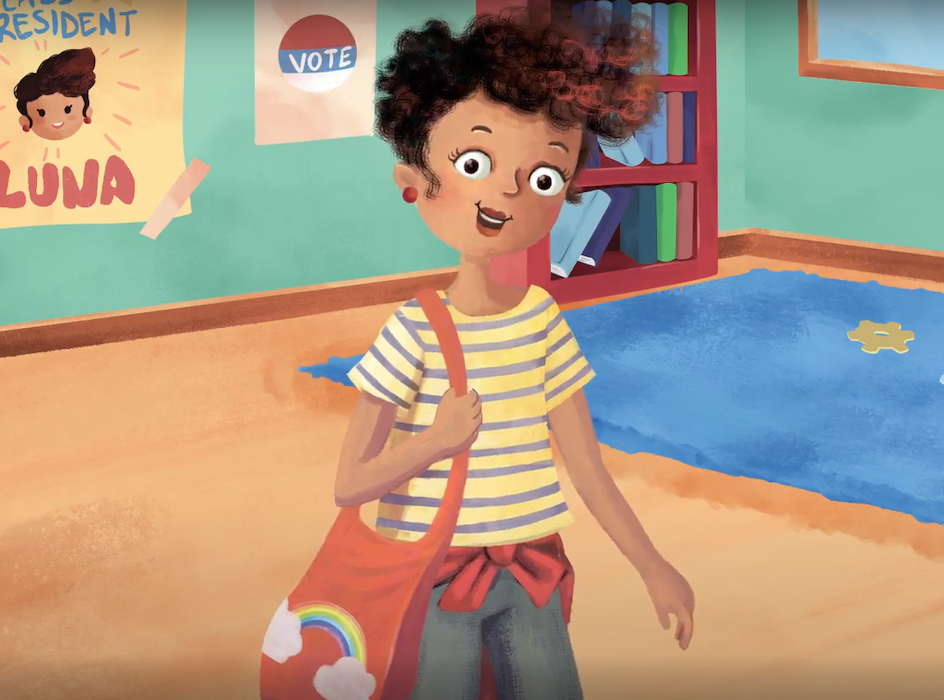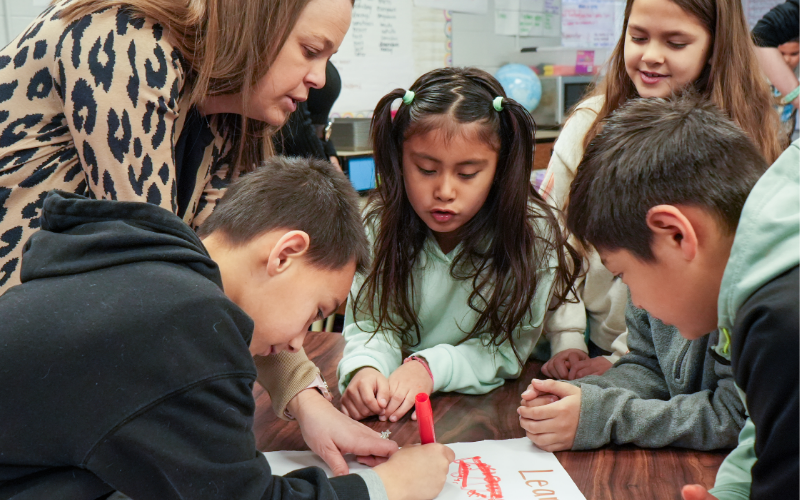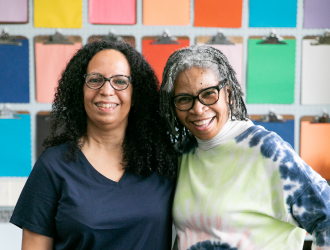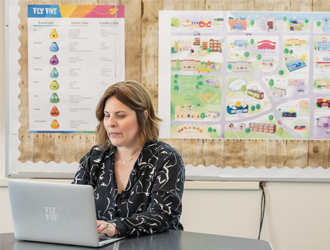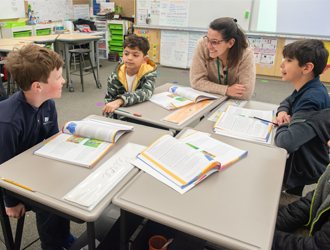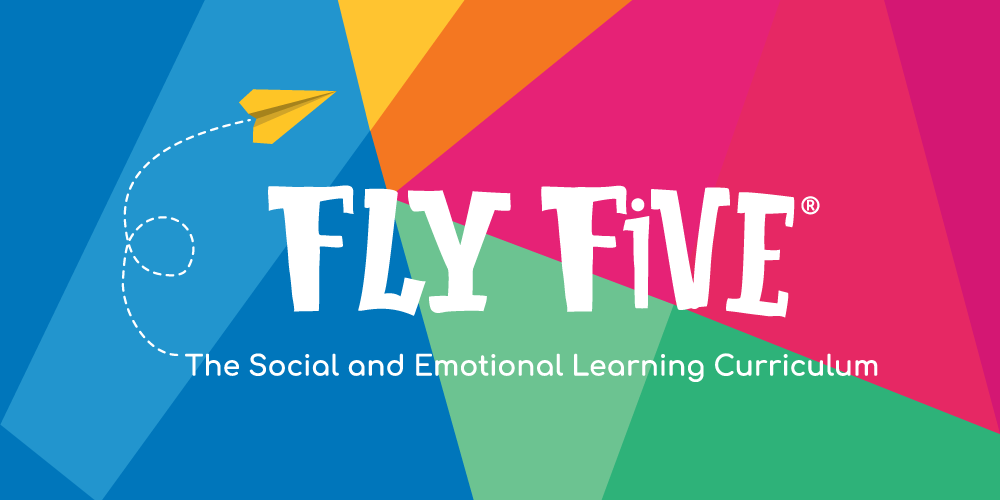Luna’s Blog
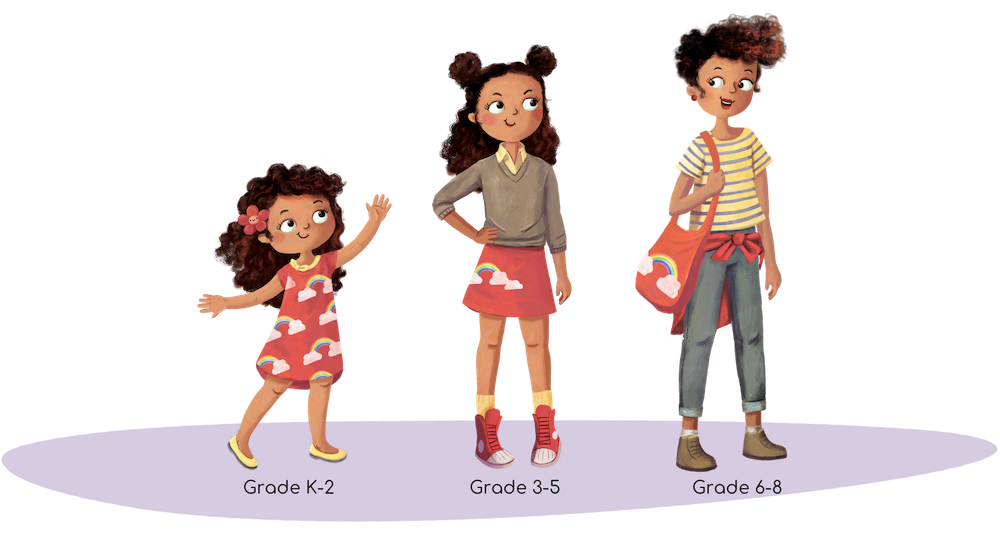
When I was elected class president, I couldn’t wait to get to work improving our school. The first order of business I’d planned to address was fixing up the sports fields. The summer had been really hot and scorched most of the grass on the big field where we played lacrosse and soccer, and I wanted to plan a school-wide cleanup day where each grade had a job to do. We’d water the field, plant new grass, and paint fresh white lines around the edge. I wanted to make this the greenest, prettiest field the school had ever seen! But on the day I’d started drafting ideas for the project, I learned about an issue that changed my plans.
In our social studies class that day, my teacher taught us about food insecurity. I’d never heard that term before. She told us that food insecurity isn’t just when someone doesn’t have enough to eat, but they don’t have access to healthy foods. “Why? What stops them from having access?” I asked before she actually called on me. My teacher explained that sometimes the stores or markets with good produce are too far, especially if a family relies on public transportation. Or produce and other nutritious food is too expensive, so families have to choose between health and affordability. I couldn’t believe it! My mom and I drive to the farmer’s market together every Saturday and I pick out as many fruits and vegetables as I want. “Are there people here in our community who are food insecure?” I asked. “Unfortunately yes,” she replied. “Even in our school.”
I spent the rest of the day thinking about it. The farmer’s market was on the edge of town, not in a central location. And cooking healthy food with my mom did take a pretty long time. But it was my favorite time of the week! Mom and I make really yummy lunches and snacks for the whole family, and she tells me stories about when she was my age and I tell her all about what I’m working on in gymnastics. Making good food was about more than just nourishing our bodies, it brought us closer together. I felt so sad that not everyone had that experience because they couldn’t afford it. Something had to be done.
I put my field-greenification plans on hold, put my thinking cap on, and started brainstorming. What could I do to help? Food insecurity seemed huge. It even sounded grown-up and unfixable. But I was determined. I rolled into a backbend in hopes that it would help me think. I kicked my legs up over my head and walked around in a handstand until I sweat. As I flopped onto the floor, ready to give up, it came to me! The student council could start a farmer’s market at school so everyone in our community could have access to fresh fruits and vegetables!
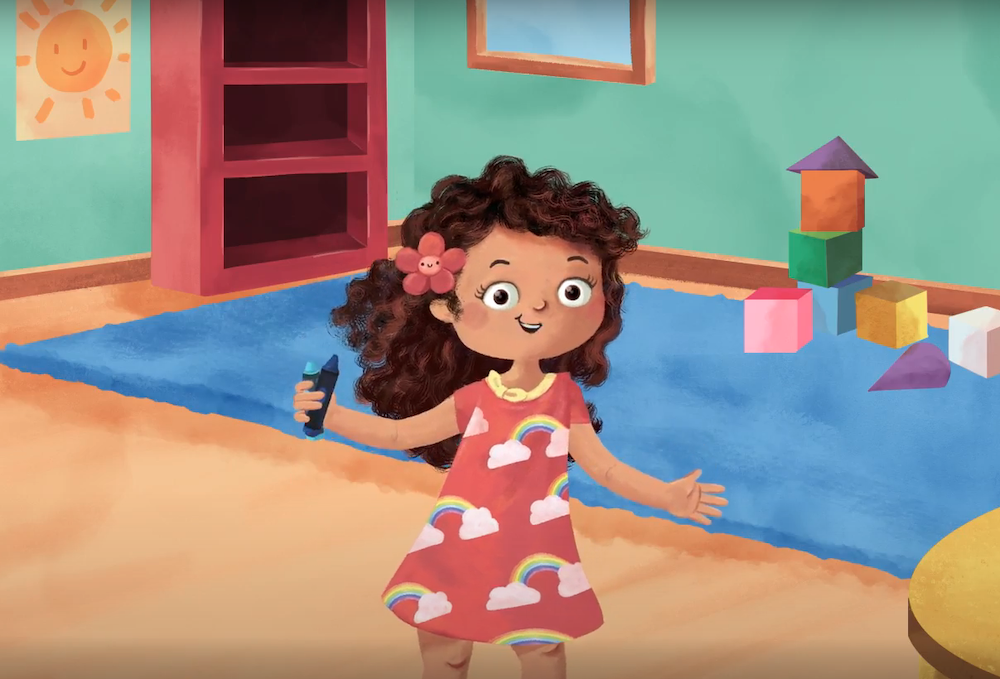
I brought the idea to my teacher the next day. I requested to use the budget for fixing the field to buy small amounts of produce from the farm, and my aunt, who works at the Saturday market, said she could donate whatever she didn’t sell to the cause! My teacher was impressed, but said that would be a big undertaking. We’d have to contact the mayor and the local farmers. Ready for the challenge, I emailed the mayor’s office in my free period. I let her know that food insecurity exists right here, in Center City! And we needed to work together to fix it. I laid out my proposal: a small farmer’s market at school, twice a week, with sliding scale prices. Volunteer parents, teachers, and students would work different shifts, which would bring our community even closer together. And anything extra we could use in our school cafeteria or donate to the food pantry in town. I knew it was a big idea, but I was sure it would work!
A few days later, the mayor emailed me back. She said she was impressed with how I’d used my empathy for our food insecure community members to make positive change. “Your ability to see outside of your own experience is quite something for a girl your age,” she noted. “I look forward to seeing what this market becomes. Best of luck!”
The pressure was on! Student council organized a meeting with our teachers and the PTA. All hands were on deck. Some parents who worked at the farmer’s market on Saturdays volunteered to pick up food from the local farms and bring it to the school. Our artistic student council members made flyers so everyone knew about the Mini Market, which is what we’d begun calling it. And the teachers and I got to organizing the volunteers and assigning shifts to everyone involved.
After my very busy first few weeks as class president, the Mini Market opened on a chilly fall afternoon. My mom and I volunteered to work the first shift. We’d stayed up late the night before writing out recipe cards with our favorite fall meals and handed them out to everyone who came. Everyone was so excited to have a farmer’s market right there at school, and I met so many other students whom I hadn’t known before! The mayor stopped by and shook my hand. “This is really something,” she said as she picked up a large turnip. “The way that you used your empathy to make this market happen is special, and important,” she smiled. “Don’t forget that.” She slipped her money in our donation box and left with the turnip and two smooth, sunshine yellow spaghetti squash.
I’d always thought that empathy was something you had, not something you used. But when I thought about what the mayor said, and looked around at the folding tables decorated with a whole rainbow of healthy, affordable food, ready for anyone in the community who wanted it, I saw empathy everywhere. I saw that everyone who came together to make the Mini Market happen was not just being empathetic, but practicing empathy. Using their empathy as a tool, like a little match to light a fire to make change. When the first Mini Market was over, Mom and I boxed up the few remaining vegetables and dropped them at the food pantry on our way home. Dad and my brother Eli were cooking when we walked in, and we all sat down together to have dinner as a family. My older brother Mateo was signed up to volunteer at the next Mini Market, and I was proud of my whole family and school for showing up and making this positive change in our community.
